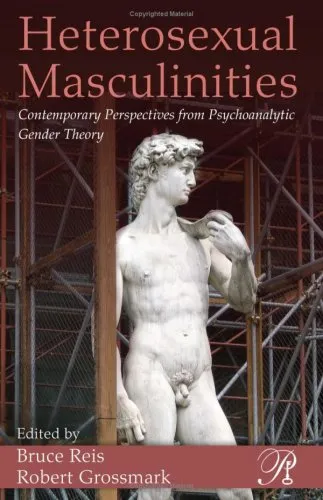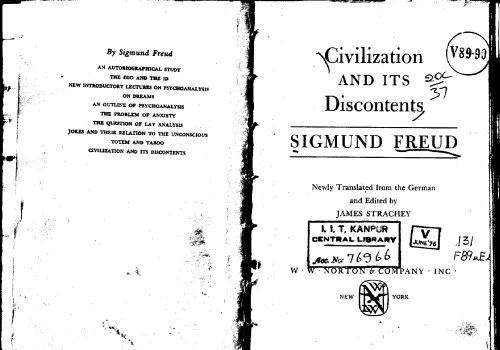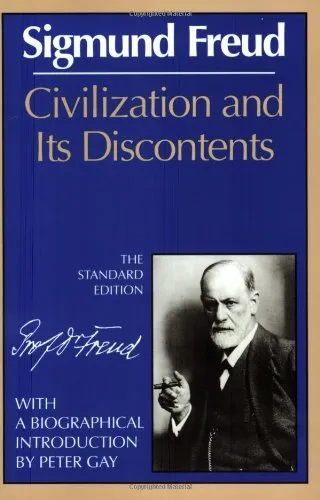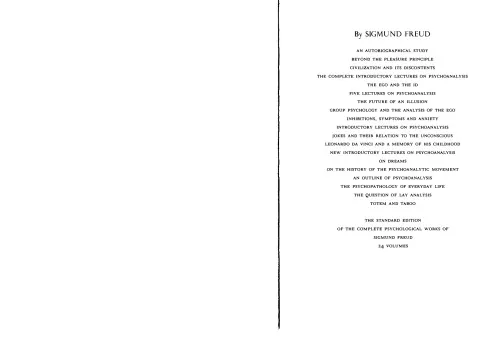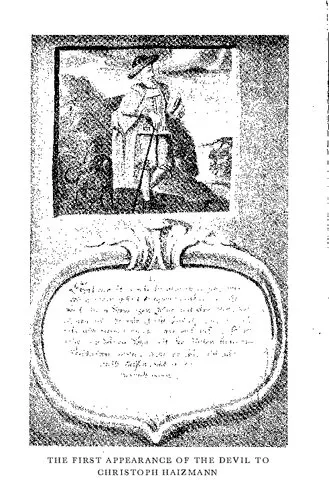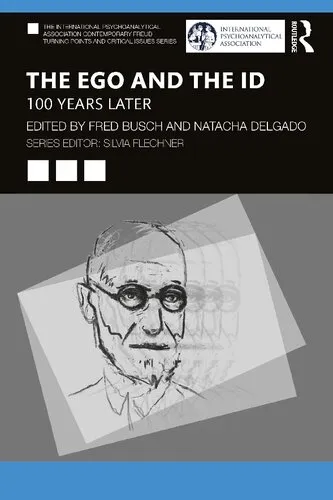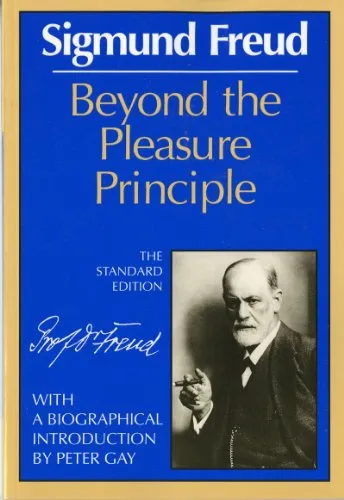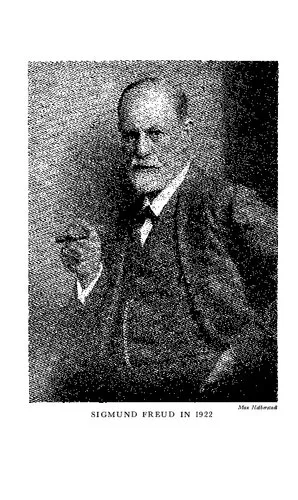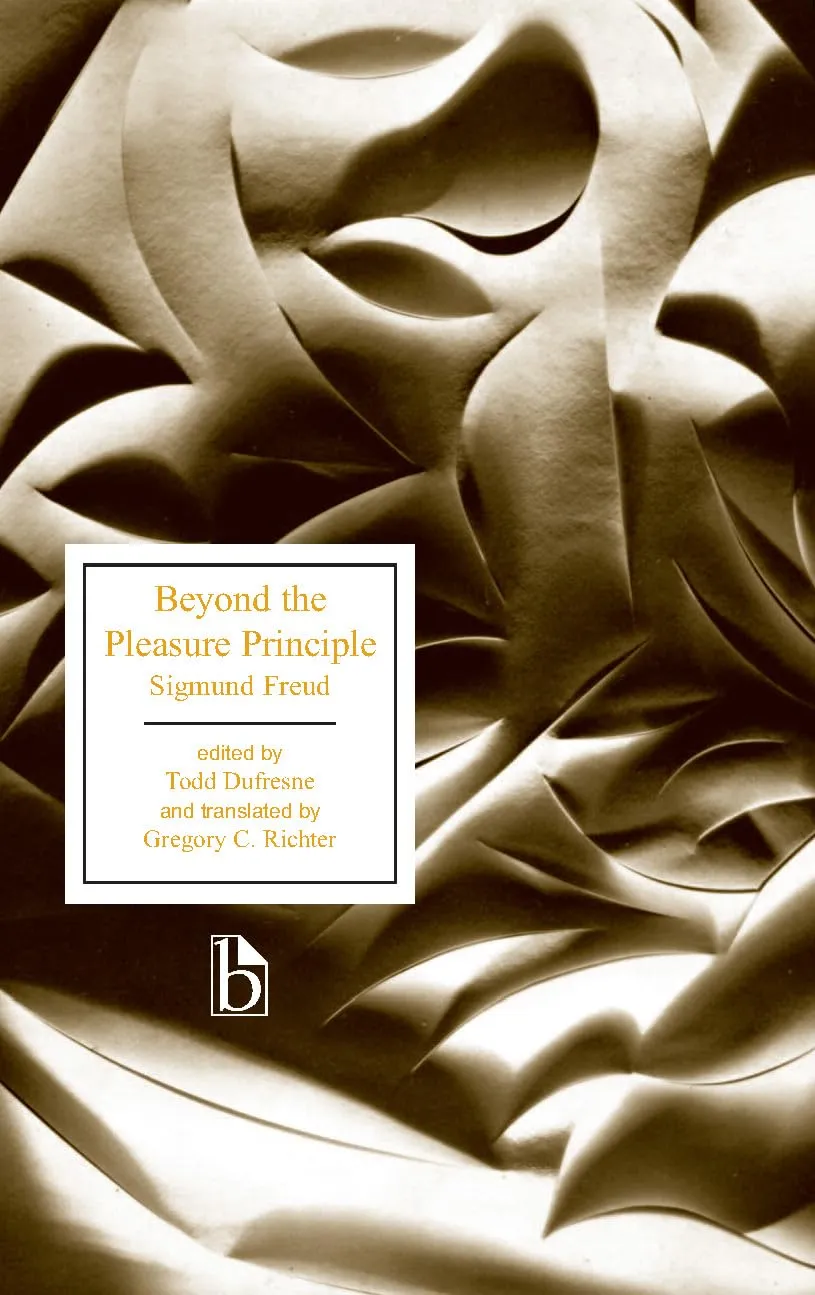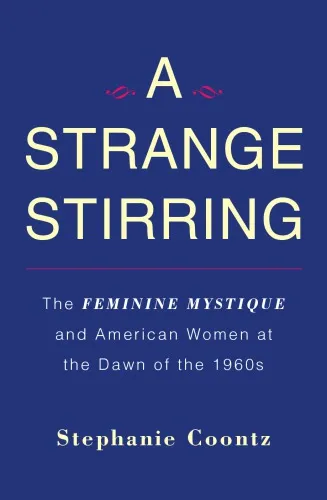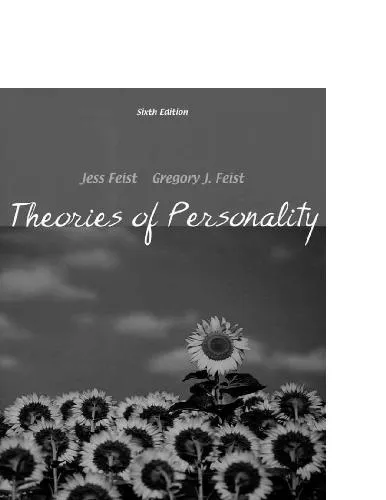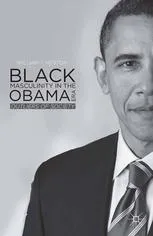Heterosexual Masculinities: Contemporary Perspectives from Psychoanalytic Gender Theory
4.5
بر اساس نظر کاربران

شما میتونید سوالاتتون در باره کتاب رو از هوش مصنوعیش بعد از ورود بپرسید
هر دانلود یا پرسش از هوش مصنوعی 2 امتیاز لازم دارد، برای بدست آوردن امتیاز رایگان، به صفحه ی راهنمای امتیازات سر بزنید و یک سری کار ارزشمند انجام بدینکتاب های مرتبط:
معرفی جامع کتاب "Heterosexual Masculinities: Contemporary Perspectives from Psychoanalytic Gender Theory"
کتاب "Heterosexual Masculinities: Contemporary Perspectives from Psychoanalytic Gender Theory" اثر بروس ریس و رابرت گروسمارک، یکی از منابع برجسته در زمینه مطالعه Masculinities از دیدگاه روانتحلیلی مدرن است. این کتاب تحولاتی نوین در درک مفهوم مردانگی در فرهنگ معاصر ارائه میدهد و با نگاهی عمیق به پیچیدگیهای روانشناختی و اجتماعی این موضوع میپردازد. در ادامه، بخشهای مختلف معرفی این کتاب را مطالعه خواهید کرد.
خلاصهای از کتاب
این اثر تلاش میکند تا زوایای پنهان و اغلب بررسینشده از Heterosexual Masculinity را مورد کاوش قرار دهد. نویسندگان با استفاده از نظریههای گوناگون روانتحلیلی و Gender Theory، به تحلیل رفتارها، انتظارات فرهنگی، تمایلات روانی و جنبههای ناخودآگاه مردانگی در مردان Heterosexual میپردازند. کتاب بر این موضوع تمرکز دارد که چگونه مردانگی به واسطه تجربههای فرهنگی، تربیتی و ژرفای روانشناختی شکل میگیرد و دگرگون میشود.
نویسندگان همچنین نشان میدهند که مردانگی Heterosexual تنها یک ساختار فرهنگی یا اجتماعی نیست، بلکه شبکهای پیچیده از فرآیندهای روانی و سوژهگرایی است که اغلب در تقابل یا سازگاری با نیروهای جنسیتی دیگر شکل میگیرد. این کتاب عمیقاً کاوشگر است و مخاطب را دعوت میکند به بازاندیشی در مورد باورهای مرسوم درباره مردانگی و روابط انسانی.
نکات کلیدی کتاب
- تحلیل دقیق نقش فرهنگ در شکلگیری Heterosexual Masculinities.
- بررسی ارتباط مردانگی با مفاهیمی نظیر قدرت، ضعف، و وابستگی روانی.
- ارائه دیدگاههای نوین بر اساس نظریههای روانتحلیلی کلاسیک و پسامدرن.
- تأکید بر پیچیدگی و تضادهای درونی در تجربه مردانگی.
- بررسی ارتباط بین ناخودآگاه فردی و تأثیرات اجتماعی-فرهنگی.
نقلقولهای مشهور از کتاب
"The development of heterosexual masculinity involves not only the external negotiation of cultural codes but also an internal dynamics of resistance and submission."
"The unconscious processes shaping masculinity are as much about vulnerability and longing as they are about striving for power."
چرا این کتاب اهمیت دارد؟
در جامعهای که کلیشهها و قوانین مربوط به جنسیت و Masculinities همچنان نقش بسزایی دارند، این کتاب فرصتی خارقالعاده برای بازاندیشی در مورد ساختارهای جنسی و روانی فراهم میآورد. اثر حاضر به ما کمک میکند تا نه تنها خود را در آینه فکری متفاوتی بیابیم، بلکه روابط اجتماعی و فرهنگی خود را با نگرشی تازه تحلیل کنیم.
از دیدگاه علمی و تحقیقاتی، این کتاب ابزاری ارزشمند برای پژوهشگران، رواندرمانگران، و دانشجویان مطالعات جنسیت و روانکاوی است؛ چرا که دیدگاههای نویسندگان ترکیبی از کارهای نظری و عملی مبتنی بر تجربه است. این کتاب درک ما از مردانگی را به عنوان یک فرآیند در حال تغییر عمیقاً گسترش میدهد و این موضوع را از سطح بیانیههای کلیشهای به لایههای عمیقتر ناخودآگاه انسان میکشاند.
Introduction
Heterosexual Masculinities: Contemporary Perspectives from Psychoanalytic Gender Theory by Bruce Reis and Robert Grossmark is a seminal exploration into the complexities of heterosexual masculinity through the lens of psychoanalytic gender theory. The book bridges traditional psychoanalytic approaches with contemporary insights into gender studies, offering a profound new perspective on how heterosexual male identities are formed, negotiated, and expressed in today's world. Not confined to academic discourse, this book resonates with anyone curious about the intersections of psychology, gender, and societal norms.
In a cultural era increasingly characterized by critical engagement with traditional gender norms, Reis and Grossmark provide a thoughtful and nuanced discussion on a topic that is often misunderstood or oversimplified. By examining how heterosexual masculinities are influenced by external societal pressures and internal psychological factors, the book challenges stereotypes and opens up much-needed dialogues around gender identity and personal authenticity.
Detailed Summary of the Book
The book is structured around the notion that heterosexual masculinity is not a static or monolithic concept but rather a complex and evolving construct influenced by multiple intersecting forces. Drawing upon foundational psychoanalytic theories while incorporating modern frameworks, the authors delve deeply into critical questions of identity, power, vulnerability, and relationality.
At its core, the book interrogates the dominant narratives of masculinity, which often emphasize strength, stoicism, and control. Reis and Grossmark argue that these clichéd depictions can be harmful, reducing the richness of the male experience and disallowing space for emotional expression or individuality. Through clinical examples, cultural analysis, and theoretical exploration, the book seeks to uncover the hidden dimensions of heterosexual masculinities, showcasing how men navigate the complexities of love, intimacy, and self-perception.
The authors also explore the unconscious elements that shape masculinity and how they intersect with societal dynamics. They offer a psychoanalytic perspective on themes such as competition, vulnerability, intimacy, and shame, providing readers with tools for recognizing and deconstructing the psychological mechanisms underpinning these experiences. Ultimately, the work provides a framework for understanding masculinity as fluid and diverse rather than rigid and prescriptive.
Key Takeaways
- Heterosexual masculinity is not a singular, static identity but a dynamic and adaptive construct.
- Traditional stereotypes of masculinity often fail to capture the intricacies of male psychological and emotional experiences.
- Psychoanalytic theory can offer profound insights into the unconscious dynamics of masculinity, highlighting issues such as vulnerability, intimacy, and shame.
- To address the challenges of modern masculinity, there must be a greater emphasis on empathy, dialogue, and relational authenticity.
- Understanding masculinities can contribute to healthier relationships, better mental health outcomes, and a more nuanced appreciation of gender diversity.
Famous Quotes From the Book
"Masculinity has long been misunderstood as a rigid archetype, yet it is a living, breathing complexity that deserves exploration beyond societal clichés."
"To fully realize our humanity, we must embrace vulnerability, not as a weakness, but as the cornerstone of authentic connection."
Why This Book Matters
Heterosexual Masculinities: Contemporary Perspectives from Psychoanalytic Gender Theory is a vital contribution to the ongoing dialogue around gender, identity, and human psychology. The book addresses a critical gap in psychoanalytic and gender theory by focusing on the complexities of heterosexual masculinity, a topic often neglected or oversimplified.
At a time when traditional gender norms are under scrutiny and calls for inclusive discussions about masculinity are growing louder, this book provides essential insights for therapists, educators, and anyone interested in fostering a deeper understanding of gendered experiences. By challenging entrenched stereotypes and debunking myths, the authors advocate for a more compassionate and multifaceted view of what it means to be a man in today’s world.
The work transcends academia to deliver a message that is both timely and universal: that understanding masculinity in its full spectrum is not just a matter of intellectual curiosity but a necessity for building healthier communities and relationships. This book lights the way forward for rethinking masculinity in ways that respect its diversity and complexity.
دانلود رایگان مستقیم
شما میتونید سوالاتتون در باره کتاب رو از هوش مصنوعیش بعد از ورود بپرسید
دسترسی به کتابها از طریق پلتفرمهای قانونی و کتابخانههای عمومی نه تنها از حقوق نویسندگان و ناشران حمایت میکند، بلکه به پایداری فرهنگ کتابخوانی نیز کمک میرساند. پیش از دانلود، لحظهای به بررسی این گزینهها فکر کنید.
این کتاب رو در پلتفرم های دیگه ببینید
WorldCat به شما کمک میکنه تا کتاب ها رو در کتابخانه های سراسر دنیا پیدا کنید
امتیازها، نظرات تخصصی و صحبت ها درباره کتاب را در Goodreads ببینید
کتابهای کمیاب یا دست دوم را در AbeBooks پیدا کنید و بخرید
1460
بازدید4.5
امتیاز0
نظر98%
رضایتنظرات:
4.5
بر اساس 0 نظر کاربران
Questions & Answers
Ask questions about this book or help others by answering
No questions yet. Be the first to ask!
